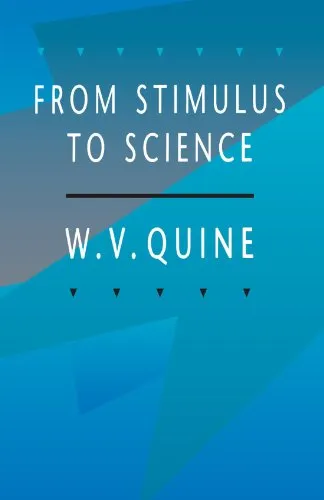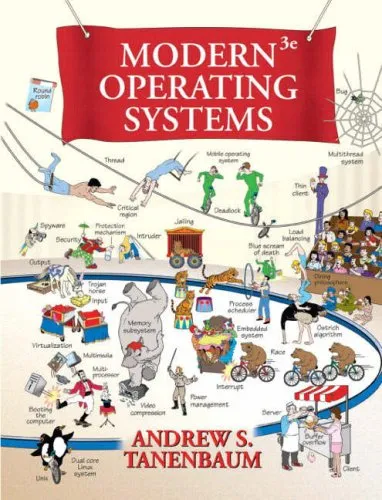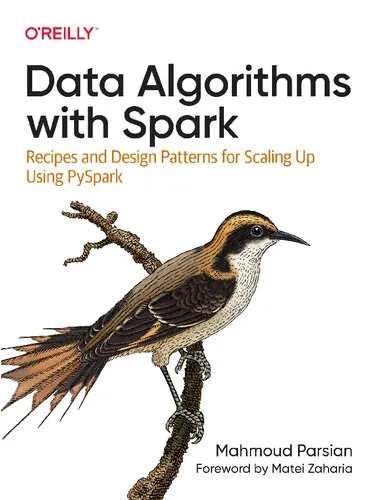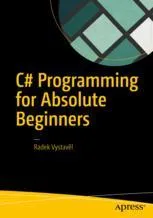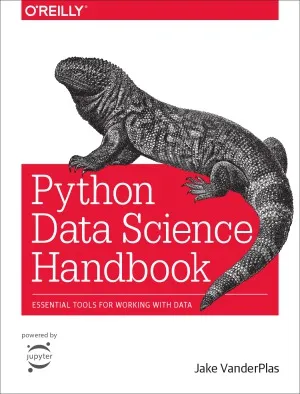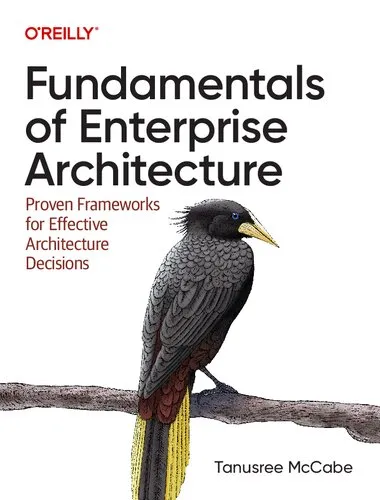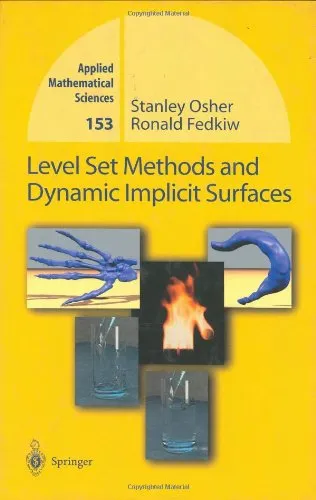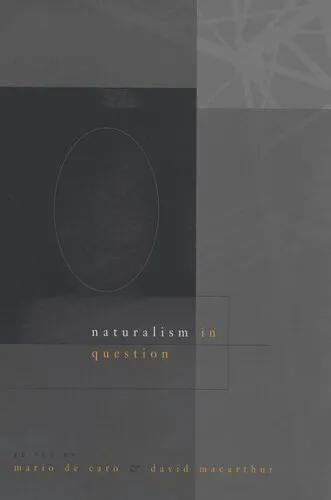From Stimulus to Science
4.0
Reviews from our users

You Can Ask your questions from this book's AI after Login
Each download or ask from book AI costs 2 points. To earn more free points, please visit the Points Guide Page and complete some valuable actions.Related Refrences:
Introduction to 'From Stimulus to Science'
Written by one of the most influential philosophers of the 20th century, W. V. Quine, 'From Stimulus to Science' takes readers on a profound journey through the realms of epistemology, science, and the philosophy of language. This compact yet dense book explores the connection between sensory experiences and scientific theories, providing readers with a clear perspective on Quine's naturalistic view of knowledge.
Summary of the Book
'From Stimulus to Science' delves into the philosophical journey from basic sensory inputs to the sophisticated understanding that science offers. Quine scrutinizes how our sensory experiences, or stimuli, evolve into the complex scientific theories that help explain the universe. Through this progression, he challenges traditional epistemological concepts, arguing for a naturalistic understanding that places scientific frameworks at the core of understanding.
The book is structured into discussions on the baseline of human experience, language acquisition, and the structure of scientific theories. Quine's argument circles around the rejection of a metaphysical grounding for knowledge and instead promotes a perspective where empiricism, logic, and scientific inquiry form the basis of comprehension.
Key Takeaways
- Naturalism and Empiricism: Quine stresses the importance of empirical observation and naturalism in forming a basis for scientific inquiry and understanding.
- Rejection of the Analytic-Synthetic Distinction: Quine challenges the traditional distinction, emphasizing that no clear divide exists between analytic truths and synthetic truths.
- Language and Translation: Language plays a crucial role in shaping our understanding, yet translation between different languages shows the limitations and variabilities in our conceptual maps of the world.
- Holism: Quine's famous idea that our statements about the world face the tribunal of experience as a collective whole, rather than individually.
Famous Quotes from the Book
Here are some notable quotes from 'From Stimulus to Science' that encapsulate Quine's philosophical stance:
"Science is not a substitute for common sense, but an extension of it."
"Naturalism does not repudiate philosophy, but assimilates it to the natural sciences."
"Language is conceived in sin and science is its redemption."
Why This Book Matters
'From Stimulus to Science' holds significant importance, mainly because it encapsulates W. V. Quine's groundbreaking ideas that have shaped modern philosophy and influenced varied academic disciplines. Not merely confined to epistemology, Quine's thoughts on naturalism, language, and the scientific method reverberate through cognitive science, linguistics, and even artificial intelligence.
Quine's ideas are instrumental in moving philosophical discourse away from ontological and metaphysical questions to those that are observable and empirical. In an age where science continually advances, Quine’s perspective encourages a scientific approach to philosophical inquiry, ensuring the relevance and progression of philosophical thought.
Therefore, 'From Stimulus to Science' is a vital read for those interested in the interface between science and philosophy, demonstrating how philosophical principles can be explored and understood through empirical investigation.
Free Direct Download
You Can Download this book after Login
Accessing books through legal platforms and public libraries not only supports the rights of authors and publishers but also contributes to the sustainability of reading culture. Before downloading, please take a moment to consider these options.
Find this book on other platforms:
WorldCat helps you find books in libraries worldwide.
See ratings, reviews, and discussions on Goodreads.
Find and buy rare or used books on AbeBooks.
1567
بازدید4.0
امتیاز0
نظر98%
رضایتReviews:
4.0
Based on 0 users review
Questions & Answers
Ask questions about this book or help others by answering
No questions yet. Be the first to ask!
